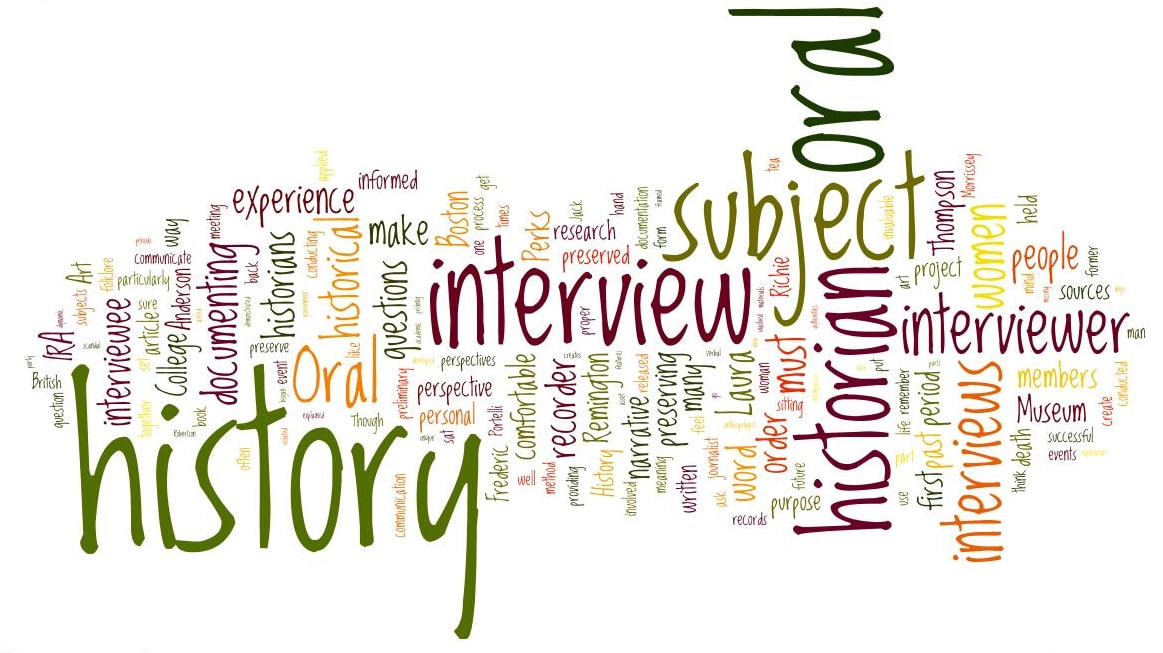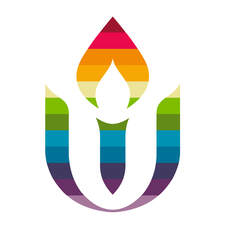 Oral History Project When we gather for our water service at the beginning of September, it will mark the beginning of my sixth year serving the Unitarian Church of Lincoln – and the fourth congregational year impacted by the ongoing COVID-19 pandemic. The role of the pandemic in shaping congregational life is changing. All our members and children are able to be vaccinated, our multi-platform systems are well established, and we are flexible in our response to changing case rates. Rather than closing our building again, we will depend on each family to decide how they want to engage, whether through in person events, online options, or a combination of the two. The theologian Walter Brueggemann talks about how faith progresses from orientation, to disorientation, to a new orientation: how traumatic or difficult events fundamentally disorient us, leading us to lament and confusion before eventually coming out the other side different than when we started. So, while this congregational year will look more ‘normal’ than the two that have preceeded it, it is not realistic to believe that we are going back to the Unitarian Church of Lincoln as it existed in September 2019: we have been changed, collectively and individually by the events of the last three years. One of the ways I have spent the last three years is by working my way through a Doctor of Ministry (D.Min) program in Church Leadership, at Wesley Theological Seminary. It has been an opportunity, over the course of the pandemic, to regularly check in with interfaith colleagues around the country, and to engage with literature and research around theology and how congregations change. After two years of coursework, I am now drafting my thesis, and anticipate graduating in May. The D. Min degree is a professional degree; rather than purely academic research, the thesis is an opportunity to develop a project at the congregation you serve, and then reflect on its impact. As I have been putting together the proposal for my project this summer, I have been reflecting on the last several years of congregational life: how so many of us are articulating a feeling of disconnection from each other and our institutions. Some of this comes from the nature of the last several years: The experience of the pandemic was universal in its impact and deeply personal in its lived experience. Just in our community, our young families and elderly homebound folks have both suffered, but in different ways. My D. Min work is an attempt to address that disconnect. Over the next six weeks, I am going to ask all our members to sit down with each other one on one to have a structured conversation about what your experience of the last three years has been. We will record these stories: both the ones of triumph over adversary, and the ones of loss and isolation. And then, in November, we will share those stories in a worship service, as part of an Oral History of the pandemic at the Unitarian Church of Lincoln. An important part of moving to a new orientation is articulating the disorientation: saying aloud what has happened. We do that not to dwell on what has happened, but to rebuild the foundation of our community for whatever comes next. I hope you will join us in that work. -Oscar
0 Comments
Leave a Reply. |
Details
AuthorRev. Oscar Sinclair serves as the Settled Minister for The Unitarian Church of Lincoln, Nebraska. Archives
March 2024
Categories |
contact us and WE WILL GET BACK TO YOU AS SOON AS POSSIBLE: |
SIGN UP TO RECEIVE
|
THE UNITARIAN CHURCH
|
|

 RSS Feed
RSS Feed

